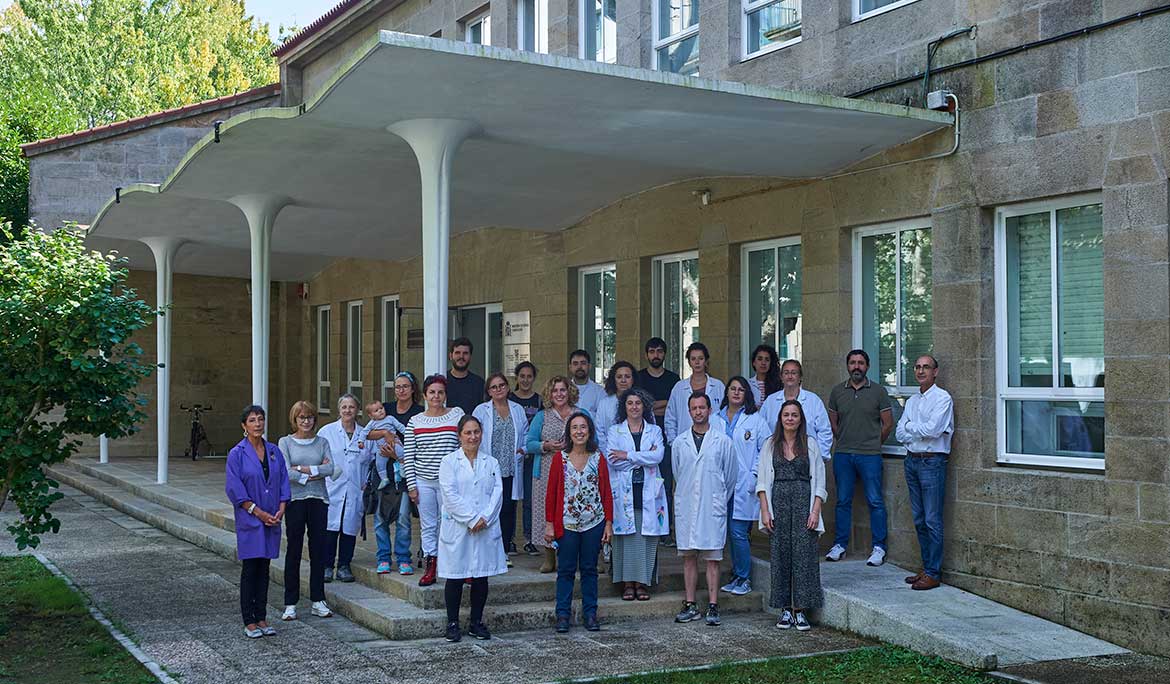Tipo de publicación:
Revistas indexadas en la Web of Science o en SCOPUS
Enlace a publicación:
https://doi.org/10.1016/j.envres.2020.110404
Abstract
The increase of concentrations of tetracycline antibiotics in agricultural soils worldwide is of special concern, due to its potential toxic effects on soil bacterial communities. In the present work, the reuse of two waste/by-product materials as soil amendments was tested as a preventive practice for reducing tetracycline antibiotics toxicity in soils. Pine bark (PB), with high percentage of organic carbon, and crushed mussel shell (CMS), a frequent natural liming material, were added to 4 soils in doses 0, 6, 12 and 48 g of by-product per kg−1 of soil (dry weight) of each one (separately). The soils and soil-waste mixtures were then spiked with tetracycline (TC), oxytetracycline (OTC) and chlortetracycline (CTC). After one day of incubation, the bacterial growth was estimated in soils and soil-mixtures using the leucine incorporation technique. The addition of PB to the soils showed two different behaviors, depending on the antibiotics. The toxicity of TC and OTC decreased with the addition of PB (toxicities going from 6 to 25% and from 5 to 36%, respectively). However, CTC toxicity did not change, or even increased in response to the PB amendment. Regarding soil amendment with CMS, it was not effective to prevent the toxicity of any of the three antibiotics studied.
Grupos:
GRUPO DE REFERENCIA COMPETITIVA DE CONSERVACIÓN Y MEJORA DE SISTEMAS AGROFORESTALES
